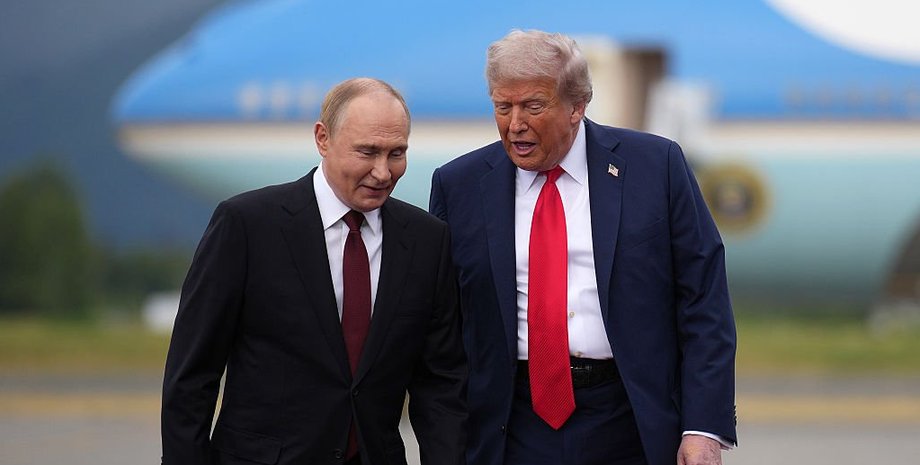
 By Natali Moss
By Natali Moss
As the main commentator and Financial Times columnist Edward Luce wrote, Donald Trump's attitude towards Volodymyr Zelensky resembles "school bullying", and the Ukrainian president has to endure humiliation during official meetings. The journalist also emphasizes that Trump has repeatedly allowed himself humiliating remarks, and in recent public statements the US president even hinted that Ukraine could be "destroyed" if it does not agree to cede territories to Russia.
The author notes that Putin also acts measuredly and patiently. Starting with a full-scale invasion in 2022, the Kremlin hoped that the diplomatic route would yield more than the front. Given Trump's actions after returning to power, this calculation by the Kremlin has a real basis: the Russian leader has already secured a second summit with Trump in 2025, which was organized by pro-Moscow European politicians.
Luce also points to a change in Trump's tone: he is increasingly openly showing impatience with the Ukrainian resistance and believes that other conflicts in the world are "solved". According to him, Trump views Ukraine as an area for compromises and an open "commercial opportunity," and the Ukrainian government as an adversary that should "know when it has been defeated. " In response to this, Ukraine is not far behind.
Kyiv is building up a diplomatic "coalition of the willing", receiving additional military aid from European partners, and deepening its capabilities to strike critical targets deep in Russian territory. A political tool is also being discussed — the possible use of frozen Russian reserves to support the Ukrainian economy for the coming years.
At the same time, Luce cites data on large human losses in the Russian army: according to The Economist, tens of thousands of Russian soldiers will die in 2025, and this creates serious problems for mobilization and maintaining combat capability. In addition, it makes it more difficult to fund recruitment and also makes forced mobilization more politically risky for the Kremlin. Due to significant losses and economic burdens, the Russian army could only partially advance on the battlefield.
The author of the article emphasizes that these minimal territorial "achievements" do not change the overall balance of power, but can be used in Moscow's negotiating logic. That is why the Kremlin is betting on the diplomatic game, bearing in mind possible changes in US policy under Trump's leadership.
As for the American position, the White House and congressmen feel signs of "war fatigue" among part of the population, and the last significant package of aid to Ukraine was approved in the spring of 2024. In particular, Luce emphasizes that Trump no longer plans to provide free military aid in the same volumes, instead, future supplies may be made on commercial terms.
In the conclusion, the author notes: regardless of the motives, the reality is that Putin has fewer levers left in his hands than Trump thinks, but one of those important "cards" is Donald Trump himself. It is because of his position that the Kremlin can reap diplomatic dividends that could not be achieved on the battlefield.
It will be recalled that the head of the Polish Foreign Ministry, Radoslaw Sikorski, warned that any flight of Putin's plane through Polish airspace could be stopped by an independent court. In addition, Focus wrote that US President Donald Trump's hopes for a quick meeting with Russian President Vladimir Putin in Budapest may not come true. According to CNN, a previous meeting between US Secretary of State Marco Rubio and Russian Foreign Minister Sergei Lavrov has been postponed.










All rights reserved IN-Ukraine.info - 2022